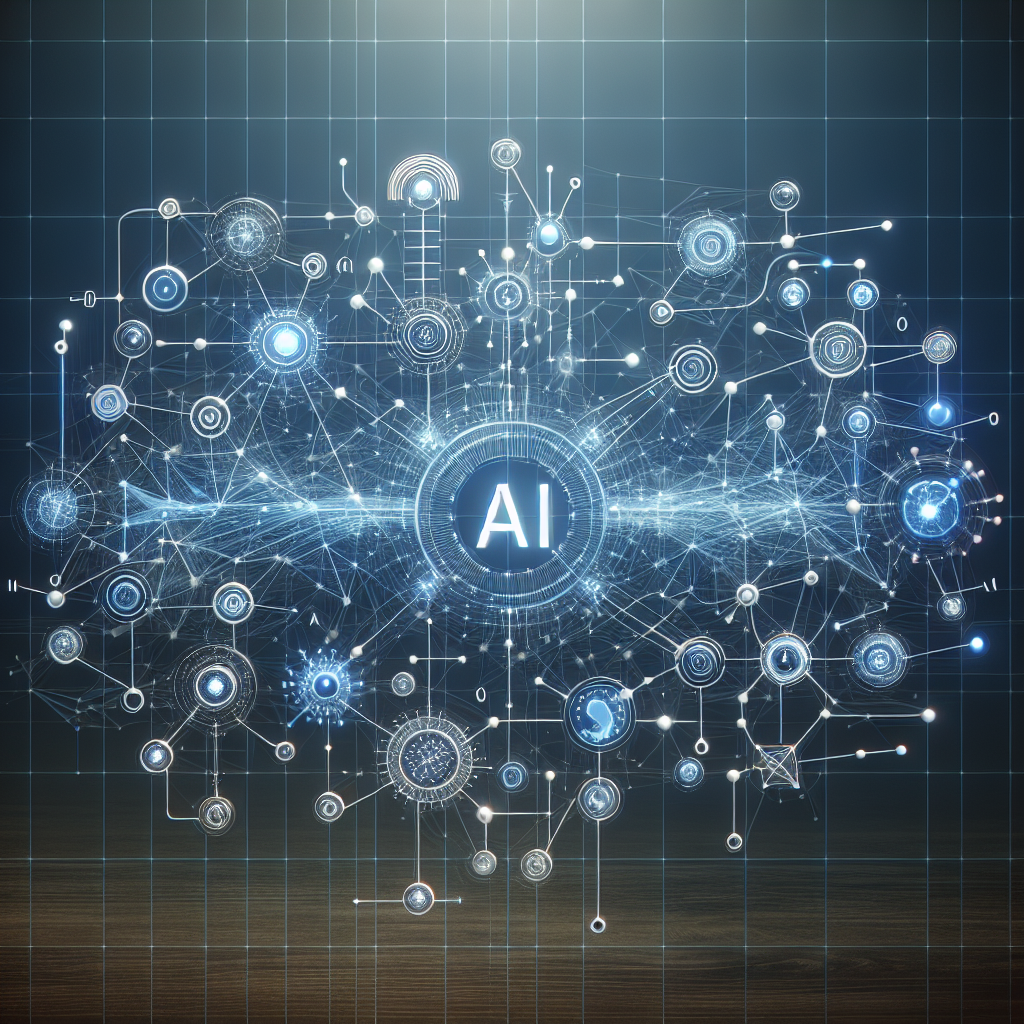Personal GPTs: A Game Changer in the AI Landscape
The advent of personalized AI models, better known as Personal GPTs (Generative Pre-trained Transformers), is revolutionizing the way we interact with technology. Chad GPT's latest update on this front marks a significant milestone in the realm of artificial intelligence. This comprehensive analysis aims to explore the creation process of personal GPTs, their potential impact on personal and professional domains, and the economic implications of GPTs as a product.
The Genesis of Personal GPTs
Personal GPTs are exactly what they sound like – customizable, intelligent assistants designed to cater to specific needs and preferences. The creation process, as laid out by Chad GPT, is remarkably user-friendly, requiring no programming skills. The GPT Builder tool effectively democratizes access to artificial intelligence, allowing users to craft an AI that resonates with their unique requirements.
Accessibility and Membership
A notable aspect of the new feature is its exclusivity to paid members of the service. The $20 per month fee opens the door to a world of personal AI that promises to enhance user productivity and creativity. However, this does put a barrier to entry for non-paying users, though it is suggested that the feature will eventually roll out to the broader user base.
User Experience and Interface
Chad GPT's approachable design splits the screen into the GPT Builder on one side and a live preview window on the other. The preview function is particularly intuitive, as it allows users to see the effects of their customization in real time. It's a touch that eases users into the AI creation experience, removing a layer of intimidation from the equation.
Customization and Capabilities
Substantial customization options stand out in the GPT creation process. Users can name their GPT, select an avatar using Dolly image generation, specify areas of expertise, and even define the tone and style of communication. The flexibility and depth of customization illustrate how personal GPTs are truly personalized.
Designing for Specific Needs
The system's ability to specialize in certain areas, like accessing web knowledge bases for AI tools, is a testament to its adaptability. By inputting particular data sets or training the GPT on specific information, users refine the assistant's proficiency, making it a powerful tool tailored to individual or organizational needs.
Monetization and the Marketplace
Chad GPT mentions the most intriguing potential of the personal GPTs – monetization. The prospect of selling well-crafted GPTs in a marketplace could open new avenues for creators to earn revenue. This feature is not yet live but holds promise for creating an ecosystem of user-generated, specialized AI tools.
Implications of the Marketplace
The introduction of a marketplace to buy and sell GPTs signals a transformative phase in the AI industry. It not only incentivizes quality and innovation but also paves the way for creators to capitalize on their expertise. However, the success of such a marketplace hinges on user engagement and the tangible value these GPTs provide.
Integration with External Platforms
Chad GPT's update hints at the future of AI with its alpha feature that allows GPTs to perform online actions, such as managing schedules or sending emails. Connecting with platforms like Zapier and Canva illustrates the potential for GPTs to become central hubs that streamline various tasks and services in one's digital life.
Crafting a Connected Experience
The ability to integrate with external services underscores the transformative potential of GPTs. By enabling users to manage multiple facets of their online presence through a single AI assistant, these tools can significantly reduce complexity and increase efficiency.
Challenges and Considerations
As with any burgeoning technology, personal GPTs come with their set of challenges. The accuracy and reliability of the AI depend heavily on the quality of the data fed into it. Users must ensure that the sources, like YouTube video transcripts, represent accurate information to prevent the dissemination of misinformation.
Data Quality and Integrity
Users must exercise due diligence in selecting and verifying the data used to train their GPTs. The system's effectiveness is directly tied to the integrity of its knowledge base, making the quality of input data paramount.
Conclusion
Personal GPTs are set to redefine the landscape of user interaction with AI. By offering an unprecedented level of customization, paired with the potential for monetization, Chad GPT's update could herald a new era of personalized technology. While it's still early days for this technology, and hurdles remain, the future it promises is one where personal AI assists us in more ways than we might currently imagine.
In exploring the boundless possibilities of personal GPTs, one can't help but be excited about the future of AI – a future where personal assistants are not just a commodity but a canvas for creativity and a catalyst for innovation.
For an in-depth understanding of the principles underlying AI and the advancements leading to personalized technology such as GPTs, consider visiting the OpenAI website or reviewing academic publications on machine learning and AI research.
In the rapidly advancing domain of AI, keeping abreast of the latest developments is crucial. The personal GPTs that we marvel at today are but a glimpse of the future, where each iteration brings us closer to a seamlessly integrated digital experience.
Related News
- Unveiling the Versatile World of Customized GPTs: A Deep Dive into Personalized AI
- The Generative Brilliance: Decoding the GPT Revolution in Everyday Life
- Exploring the Frontier of GPT Capabilities and Integration
- Unveiling the Next Big Leap in AI Communication: A Deep Dive into Chad GPT's Latest Update
- Embracing the Evolution: Maximizing GPT Customization for Competitive Edge
